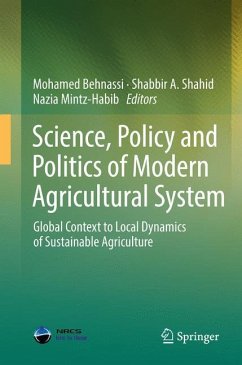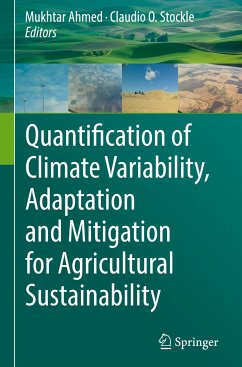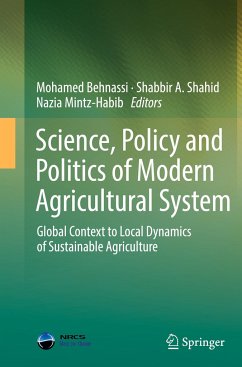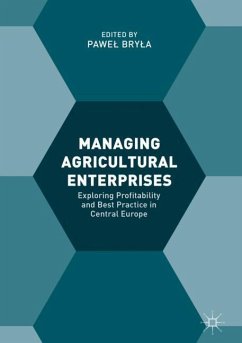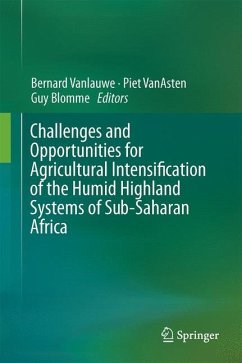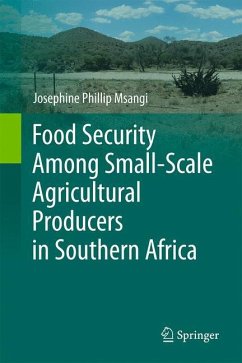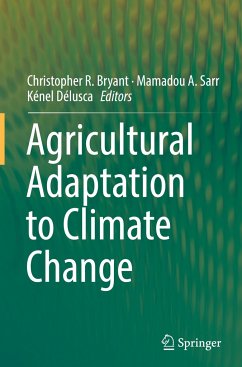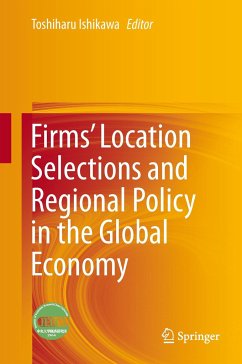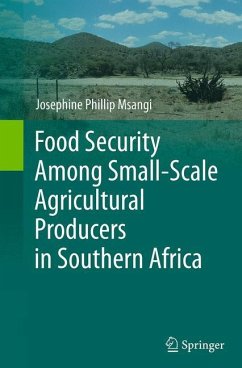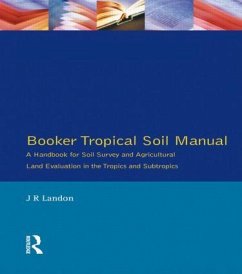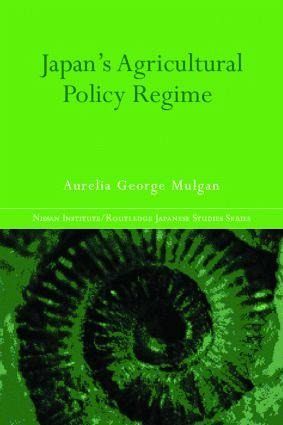
Japan's Agricultural Policy Regime
Versandkostenfrei!
Versandfertig in 1-2 Wochen
168,99 €
inkl. MwSt.
Weitere Ausgaben:

PAYBACK Punkte
84 °P sammeln!
This book charts the changes in Japanese agricultural policy in the post-war period and looks at the level at which such policy is designed by the Ministry of Agriculture, Forestry and Fisheries to protect its own interventionist powers




